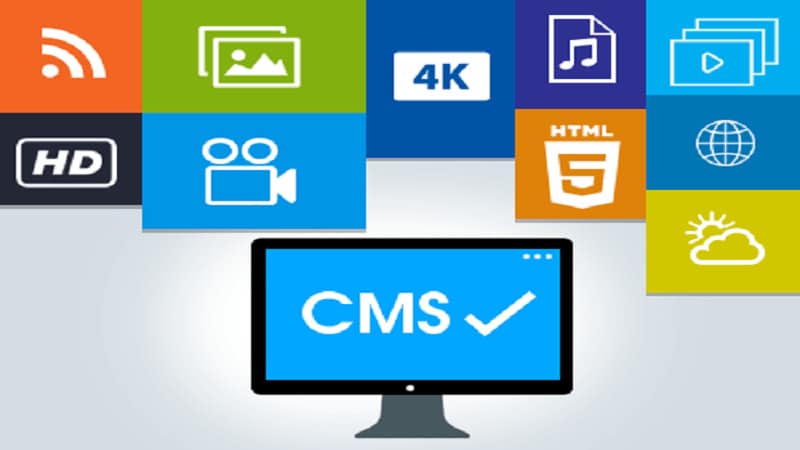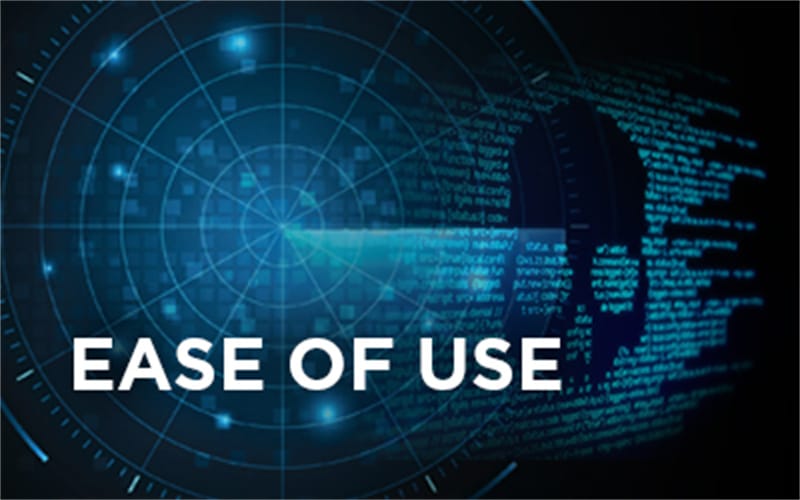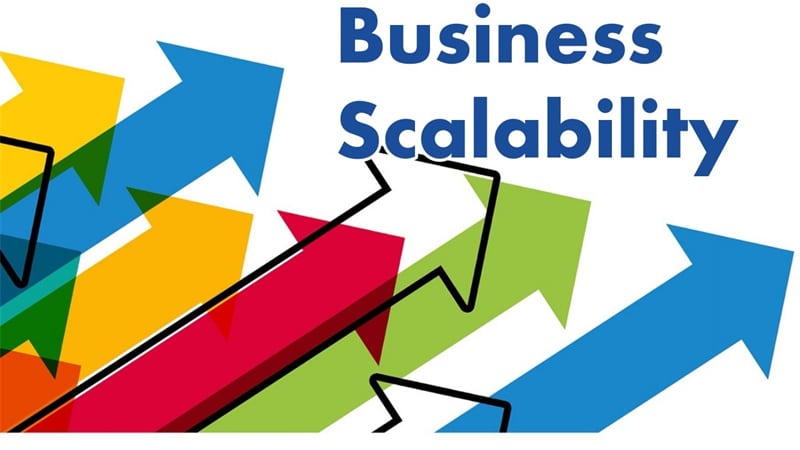
A content management system (CMS) is software that makes it possible for users to build and manage a website without previous experience in coding. It allows you to build a website from the ground up. You can generate, change, manage, and publish content intuitively. You can customize your site’s design and functionality by downloading or buying extensions and templates. The potential productivity is very high because multiple users can work in the same tool’s back end.
Have a look at this in-depth guide for more details on “what is a CMS?”
When choosing one, factors to consider include ease of use, themes and templates, customization options, user experience, site complexity, and technical aspects.
Ease of Use

The degree of intuitiveness is probably the most important consideration. If you’ve never built a website before, you want it to be easy. Creating layouts and menus should be easy. The back end and admin user experience for admins and content editors is important. The platform should be intuitive for budding developers.
Templates
Templates or themes are very popular in systems like WordPress, and users of this CMS are able to get their sites up and running very quickly. You need a variety of themes to choose from. Free templates will work unless you intend to launch a large, complex site, in which case you’d need a custom theme.
Customization
On that note, does the system allow for customization? How easy is that to achieve? Will you need to involve an expert? You need some extent of control over your site’s aesthetic.
Ideally, your CMS should let you personalize your site based on user actions and data, as well as integrate with third-party apps easily.
Site complexity
The degree of complexity is an essential factor in choosing between WordPress and Drupal, for example. If you want a complex site and there are developers on your team, consider if they have the experience and knowledge needed to operate the system. You don’t want to have to invest in training or hire new employees because you chose the wrong CMS.
SEO
Consider the SEO-friendliness of the CMS. For example, WordPress features extensive SEO plugin support, and all its themes are mobile responsive. Drupal Integrates with various third-party analytics and SEO tools. Squarespace has built-in SEO tools that non-technical users can access.
eCommerce features
If you’re running an online store, consider the various CMS e-commerce integrations or integrated functionality.
Scalability

If you expect traffic to your site to grow or traffic spikes at certain times of the year, scalability is a crucial factor. Your hosting company is also important.
Open-source vs. proprietary
If you opt for a CMS like WordPress, you’ll enjoy the support of a vast community that is consistently making improvements to features and functions. Consider the extensions available and the extent to which they align with your goals.
Costs
Open-source solutions are free, unlike proprietary CMS software, where the licensing fees can accumulate. It’s also challenging to part ways with a vendor. Many CMSs come with hidden costs, such as security updates and maintenance.










